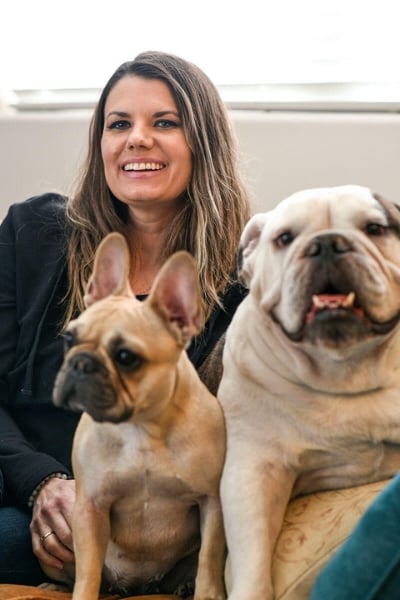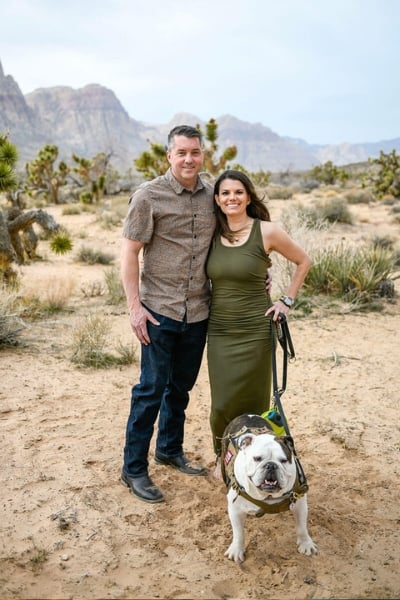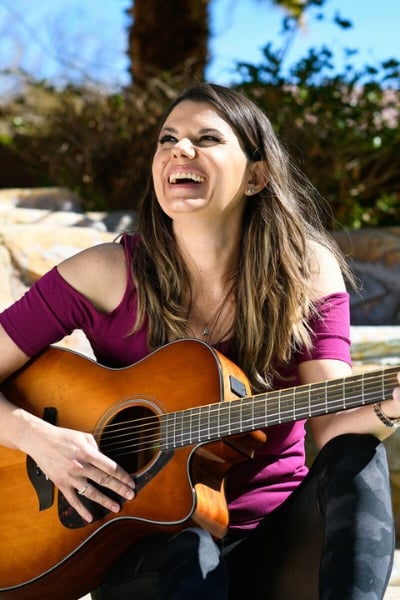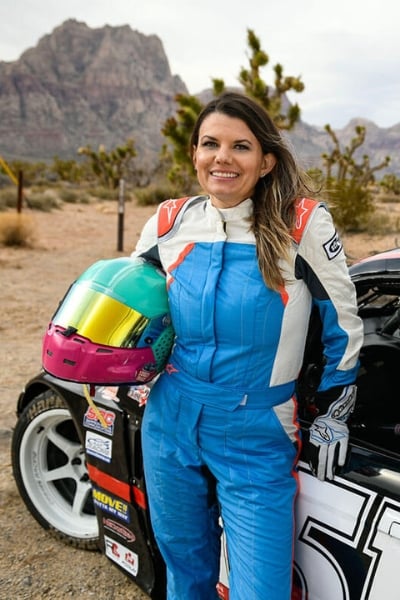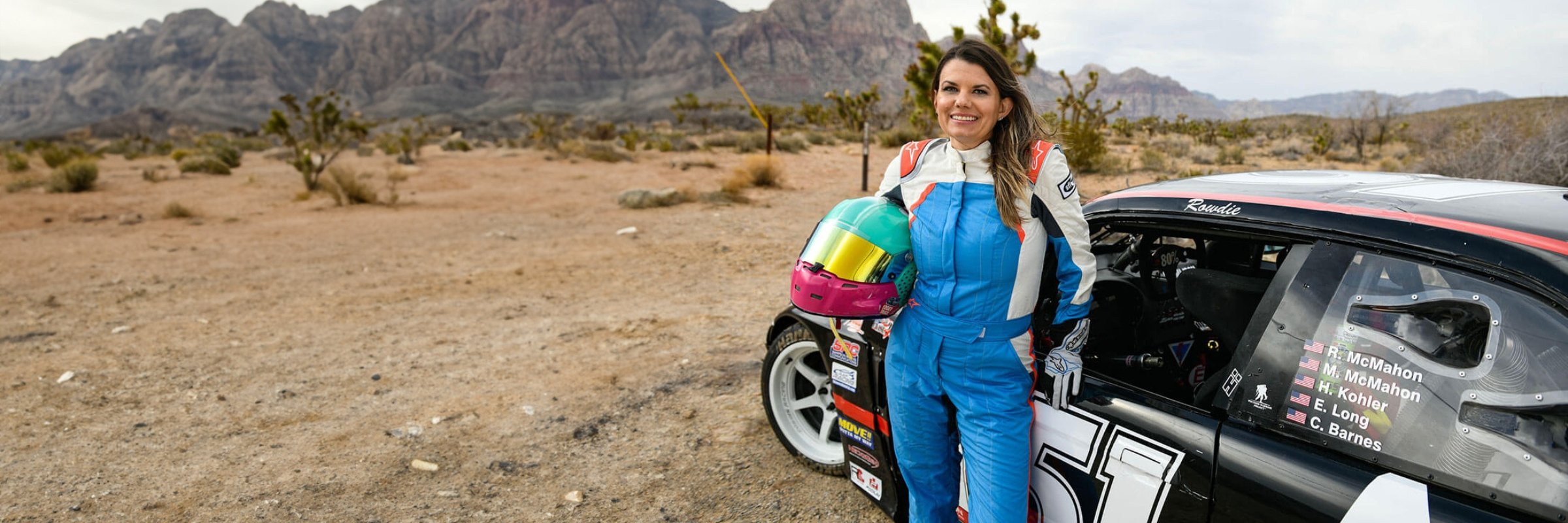Rush Truck Centers is proud to stand alongside Wounded Warrior Project to honor and empower warriors like Melissa
Will you join us in this effort? Purchase an entry* into our sweepstakes for your chance to win the last and only 2025 Peterbilt Model 389X ever produced — a true piece of iconic Peterbilt history. All proceeds will go to WWP to help provide free, life-changing programs and services for America’s heroes and their families.
*No donation required to enter or win.
During her years as a nurse in the Air Force, Melissa McMahon saw more than her fair share of pain, suffering, and death. In 2015 and 2016, she was in Afghanistan, caring for severely injured Americans, coalition forces, local civilians, and even some insurgents — all while her hospital was fired upon by enemy rockets. When she was medically discharged in 2018, Melissa returned home with more than physical injuries to her back and hip — she was also battling symptoms of severe post-traumatic stress disorder (PTSD).
For a long time, she tried to fight through the physical pain and deny the effects of PTSD, but as a nurse, it caught up with her. “It took a lot out of me,” says Melissa. “It broke my heart, but I finally had to tell my therapist and supervisor that I couldn’t take care of patients safely anymore.”
Melissa felt useless and was mad at herself. “You start that process where you beat yourself up and start playing the blame or shame game,” Melissa says. Thankfully, when she realized she was having more bad days than good ones, she decided to get help. Her turning point came when she joined a Wounded Warrior Project® (WWP) Physical Health & Wellness program. “They helped me fix my metabolism because I was not eating enough,” says Melissa. “But the biggest thing was meeting more warriors. They had also gone through tough situations, and when I got to know them, I realized they could understand what I’d been through. I wasn’t alone.”
Unfortunately, as she started to build new relationships with warriors, the COVID-19 pandemic hit and forced society to reimagine social connection. WWP shifted its focus to virtual programs to serve warriors and their families safely — and, luckily, Melissa thrived in a virtual environment. “When COVID hit, I still wasn’t fully coming out of my shell,” says Melissa. “With virtual events, I was in the safety of my own home. I could build that trust relationship while still in a safe space.”
“There is more strength and bravery in asking for help than trying to do things by yourself. Wounded Warrior
Project can be that extra hand to guide you and show you you’re not alone.”
“I really liked the WWP Talk program,” says Melissa. “It was not like a therapy session. I could just talk about what was going on — just daily things. It provided a safe person to talk to.” She has also done a Project Odyssey®, participates in a WWP Peer Support group, and is a Warrior Leader.
Part of the reason she stays so active is to fulfill her newfound purpose — encouraging other warriors to get involved and teaching them life is better when they go through it together. “I want other warriors to know they are not alone — there is a great support network,” Melissa says. “They can feel that camaraderie again, or that fun. There were times in my life I did not know if I would ever get to experience joy again. Real joy! But thanks to Wounded Warrior Project, I have laughed until I cried with other warriors. To be able to share that with somebody else, or to help them get through whatever is going on in their life — that’s important.”
